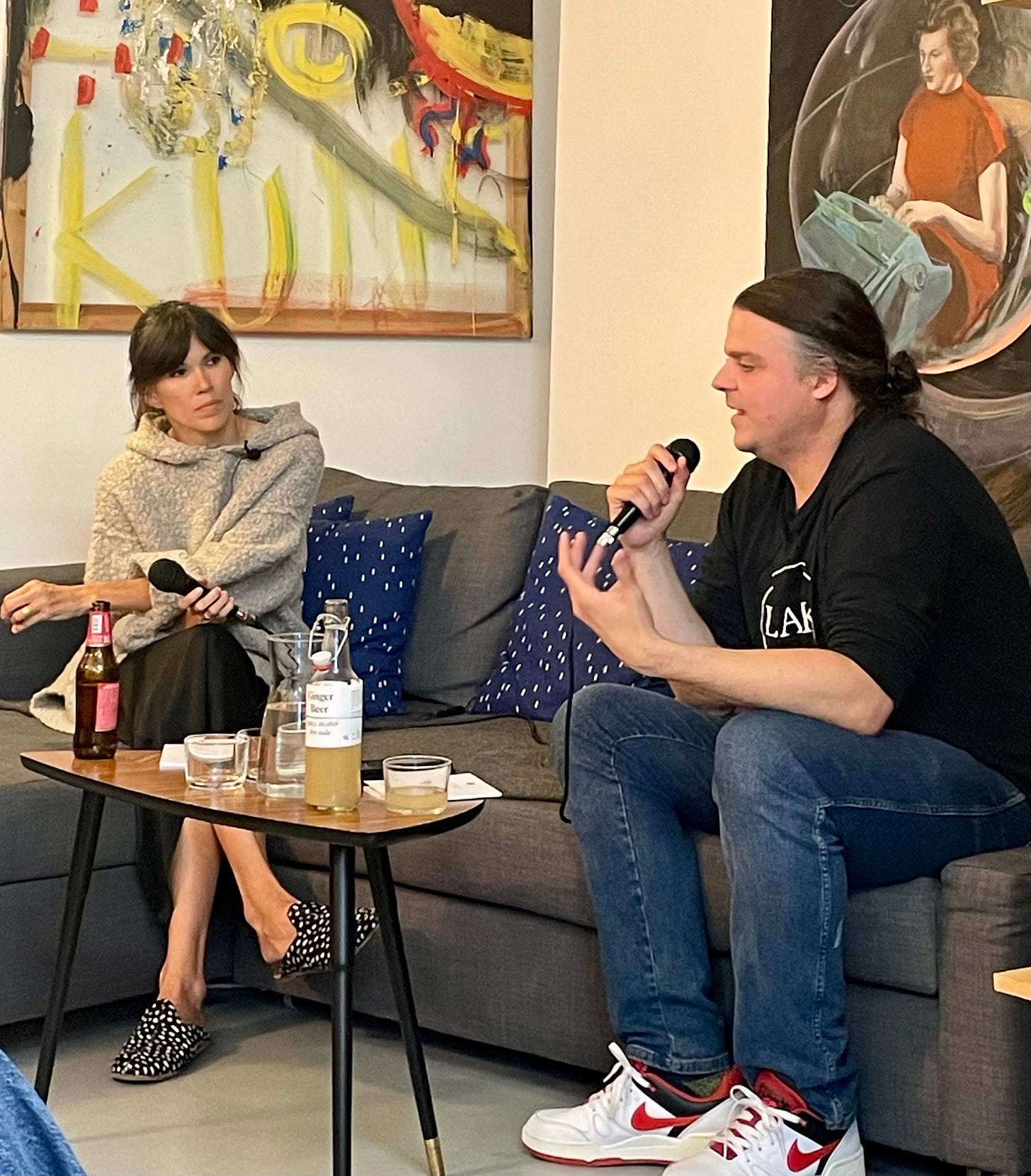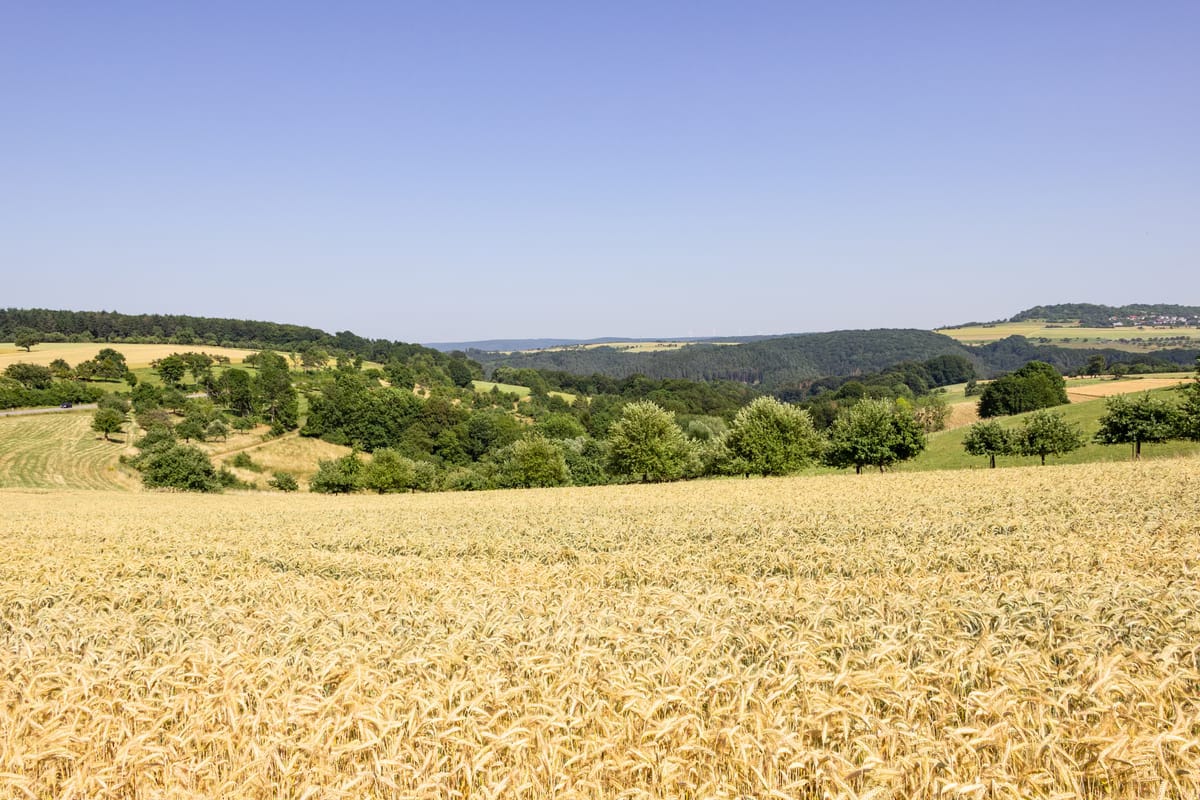An interesting conversation took place this week at the Verdurin art space in London between New York psychoanalyst and writer Jamieson Webster and Alfie Bown, a lecturer involved with Sublation Media and Everyday Analysis. The latter recently published a pamphlet by Webster on “The Psychoanalyst and the Artist,” in which Webster discusses the work of Louise Bourgeois and Carroll Dunham. She begins with a quote from Bourgeois, taken from a 1992 conversation with Jerry Gorovoy:
The verbal is too easy and makes me anxious. To talk does not constitute a catharsis. It is the actual doing. A work of art is successful to me when it removes anxiety. The price we pay: The work of art is limited to an acting out, trying to get rid of things. The work of art is limited to an acting out, not an understanding. It if were understood, the need to do the work would not exist anymore. Art is a guarantee of sanity, but not liberation. It comes back again and again.
Webster notes that Bourgeois worked “powerfully and relentlessly” until the age of 98, outliving her analyst, Dr. Henry Lowenfeld. This compulsion to repeat, to make work over and over again, depends upon a kind of misery, Webster noted, but also a kind of secrecy. To understand the drive to make work would be to crush the desire itself. Webster notes that rather than the fantasy of a cure (through analysis, through making work), Bourgeois “offers another vision of what it means to be cured, which involves taking on all aspects of oneself and becoming even more who one is.” The key point, she says, is finding a way “to make something of what will never leave you—namely your history and the difficult, endlessly conflictual, feelings engendered by it.”
To make something of one’s own difficulty and strangenesses appears, too, in the work of John Cowper Powys, whose Wolf Solent I’ve been reading this week. Wolf has an inner feeling which he calls his “mythology”—“a device that supplied him with the secret substratum of his whole life. This was a certain trick he had of doing what he called ‘sicking into his soul.’” It is very beautiful to think of the hidden or secret impulses which nevertheless motivate us: so at odds with the felt demand of our age for total transparency. What we enjoy about other people, or in art or nature, is so often frankly mysterious. It feels like as a culture we have gone about as far as it is to go in terms of exposing and making visual everything that was once hidden. Art, and faith, and psychoanalysis remind us that not everything can (or should!) be understood.
Latest pieces in Compact
Much discussion lately of AI. This week, we published Jake Denton of the Heritage Foundation on California’s recent “Safe and Secure Innovation for Frontier Artificial Intelligence Models Act.” Focusing on the economic dynamics of large and small companies, Denton argues that “if the advocates of corporate capture prevail, we face a future in which AI becomes an instrument for entrenching the power of established tech elites, allowing them to consolidate their market dominance and shape the future as they see fit.”
Shock this week in the European parliamentary elections as many countries turned to conservative and right-wing parties—partly in protest at the failures of liberal governments, partly because of immigration concerns, but also, as our columnist Darel E. Paul argues, because of a frustration with “green” policies. He describes a “greenlash” and suggests that “the fall of the greens is the inverse of the rise of the populist right.”
This week we also published Timothy Cardinal Dolan, the archbishop of New York, on how school-bullying laws disguise their gender-ideological import. Progressive legislators in the Empire State, worries Dolan, are “using the hook of ‘anti-bullying’ to attempt a social coup d’état in all schools, Catholic ones included.”
Thomas Fazi defended European farmers against the incursions of free trade. Fazi’s angle definitely concurs with what I saw happening already decades ago, having grown up around lots of small farms:
The tide is turning against free trade, and rightly so. Europe’s current approach to trade and agriculture is deeply flawed. It squeezes domestic agricultural producers (predominantly of primary commodities) out of the market and amplifies import dependency for products that don’t meet the same standards as those originating in Europe—all in the name of short-term profits and “green” ideals that fail even on their own dubious terms. This model isn’t just harmful to farmers and consumers, but to the Continent’s long-term food security, as well.
Don’t forget to listen to our weekly podcast too!
Nina Recommends
I recommend pretending it’s summer and acting accordingly. It may well be summer where you are, but London is currently inducing every aspect of grief in those of us who miss the sun.
In any case, the Solstice is next week, and the UK election a mere 20 days away. There is tumult and not only in the weather.
If you’re in New York, I recommend a free screening of Zardoz TONIGHT (Friday, June 14) with an introduction by one of my favorite thinkers, Anthony Galluzzo, author of Against the Vortex, which was reviewed for Compact by rising playwright Matt Gasda last month.
If you’re in London, a new gallery is opening this evening in Hackney Wick called Not For Sale. And next Tuesday, there is a screening by the wonderful filmmaker Helen Rollins of her Psychoanalytic Shorts.
I’m very happy there’s life in London again, and in between the 20-second flashes of sun, we can enjoy great work—indoors!







